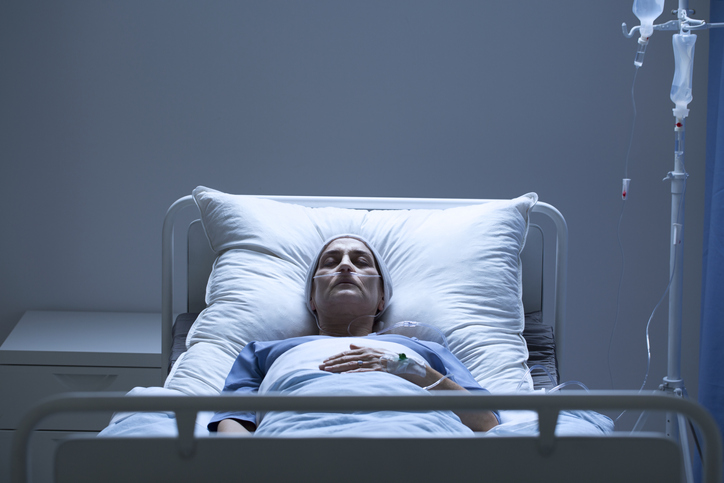CHICAGO, IL – Nursing homes have a long history of abuse and neglect. While not all nursing homes are negligent in their treatment towards residents, there is no denying the common issue of bedsores within these types of facilities. It’s important for nursing staff to take extra precautions to avoid unnecessary patient illness, suffering, disease, and neglect.
Many nursing home facilities are understaffed and overworked, often forced to care for more residents than what they can handle. Preventing bedsores is one area nursing homes could excel in their treatment towards residents.
What Causes Bedsores?
Bedsores, or pressure ulcers, form when there is a lack of mobility in residents. The average human only spends about 8 hours a day sleeping in bed, typically moving throughout the night. For nursing home residents who are confined to a wheelchair or their bed, this gives residents little to no mobility on their own and often requiring assistance when transferring from a bed to a wheelchair.
Bedsores can also form from constant pressure on one area and little to no circulation, which deprives the skin of oxygen. It’s estimated that bedsores are the cause of 10,000 deaths per year.
- Help Patients Reposition Frequently
Sitting or lying in the same position can be extremely uncomfortable and exhausting. For patients who are able to shift their weight, they should do so every few hours to prevent bedsores from forming. If a patient is immobile and unable to do so on their own, a staff members should help reposition the patient every 2-3 hours.
2. Incorporate More Exercise into Residents Routine
Some nursing home residents may almost refuse to get out of bed. It can be a daunting task for someone who is bed or wheelchair bound; however, that’s what nursing home staff are there for. Staff should help motivate residents and encourage them exercise to keep their blood flowing.
Motion exercises like arm or leg lifts or ankle rotations may be simple, but they are an effective strategy against preventing bed sores.
3. Use Pillows or Other Cushions to Your Advantage
Using a pillow or other cushion to put a pillow under an area of a patient that is constantly under pressure can help redistribute weight and lessen some of the pressure. By putting pillows near the hips, elbows, or ankles of a patient may create a safer situation for patients.
4. Regularly Clean and Dry Residents
It’s important nursing home staff members are consistently cleaning and drying residents. Bedsores are much less likely to develop if the skin is kept clean and dry. Regular bathing residents can help do a lot to avoid bedsores by limiting the growth of the bacteria.
5. Maintain a Good Diet
Maintaining a healthy, nutritional diet can help prevent bedsores based on studies, although they are not conclusive. Patients should received a balanced diet and maintain a good nutrition on a regular basis.
What to Do if Your Loved One Has Developed Bedsores
If your loved one has developed bedsores at their nursing home, it’s important to notify the nursing home administrator or the authorities right away, as this is a sign of neglect or abuse. The experienced nursing home abuse and neglect lawyers of Dinizulu Law Group have the experience and resources to hold those accountable for their negligence. Call our office today for a free consultation at (312) 384-1920.



